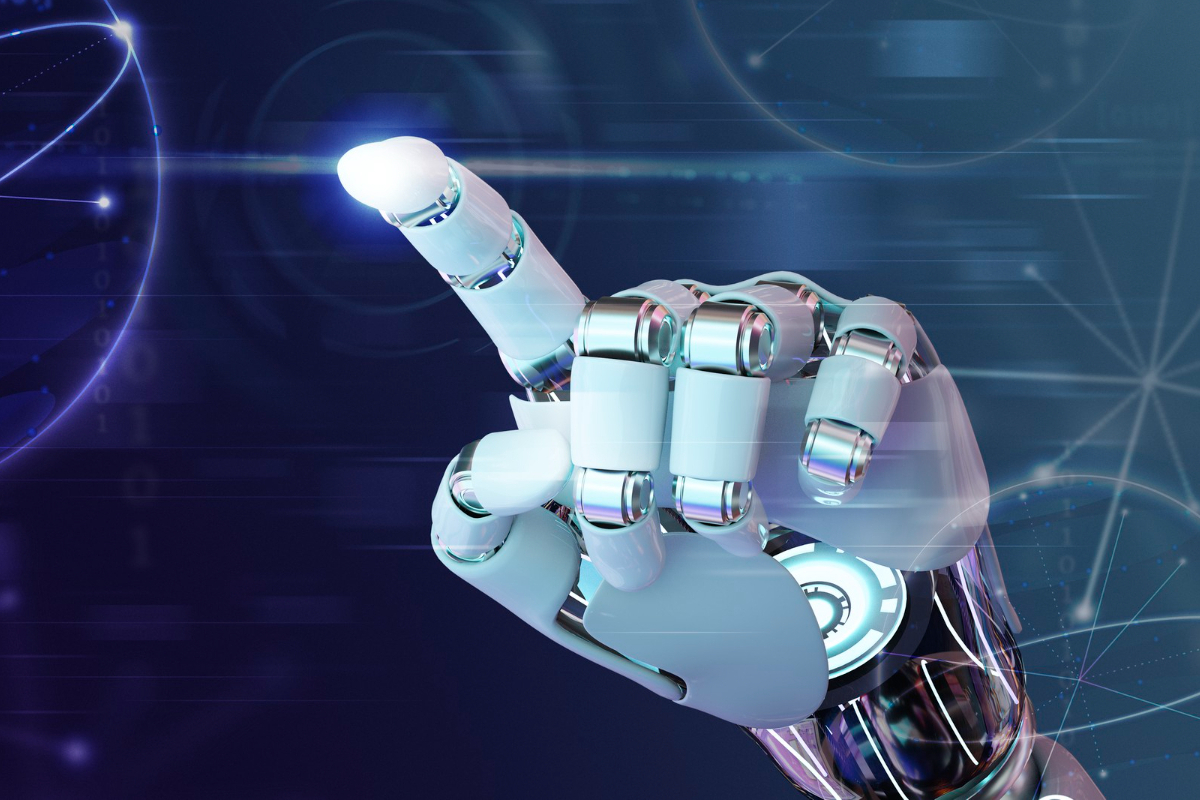


The debate about whether artificial intelligence will ultimately lead to humanity’s demise has raged on for decades. In 2021, scientists shared their views on the possibility of humans retaining control over a highly advanced digital entity.
The conclusion? Surprisingly, artificial intelligence may not end up dictating our lives after all.
Artificial intelligence (AI) encompasses a variety of technologies that empower computers to undertake a host of complex tasks, such as visual recognition, auditory processing, language understanding and translation, data analysis, and offering suggestions, among others.
The innovations in modern computing are largely driven by AI, creating value for both consumers and businesses. A prime example is Optical Character Recognition (OCR), which harnesses AI to pull text and data from images and documents, converting unstructured content into organized data suitable for business use and revealing valuable insights.
AI operates by automatically understanding data through shared characteristics or attributes, combining vast amounts of information with rapid, iterative improvements and sophisticated algorithms.
By leveraging medical data and more, AI assists doctors and other healthcare professionals in making more precise diagnoses and treatment suggestions. It also helps promote proactive and predictive healthcare by analyzing extensive data sets to develop better preventive care strategies for patients.
Machine learning automates the creation of analytical models. It employs techniques from neural networks, statistical analysis, operations research, and physics to uncover hidden insights in data without explicit programming on where to look or what conclusions can be drawn.
A form of machine learning known as neural networks consists of interconnected units that process information, resembling neurons. These units interact with one another and respond to external inputs. The learning process requires multiple iterations through the data to discern patterns and derive meaning from seemingly random inputs.
Deep learning employs extensive neural networks with multiple processing layers to identify intricate patterns in vast data volumes, benefiting from advances in training methods and computing power. Common applications include speech and image recognition.
Computer vision utilizes deep learning and pattern recognition techniques to analyze and interpret images and video content. Machines equipped with this technology can not only capture real-time visuals but also understand their context.
Natural Language Processing (NLP) enables machines to analyze, interpret, and generate human speech. An advanced aspect of NLP, called natural language interaction, allows people to engage with technology using everyday language for various tasks.

Recent advancements in AI have seamlessly integrated this technology into our everyday lives, often without us even realizing it. Its influence has grown so pervasive that many people are still unaware of just how much we rely on it.
From the moment we wake up, our daily routines are heavily influenced by AI technology. Many of us grab our laptops or smartphones right away to start our day, and our habits for decision-making, planning, and seeking information have become intertwined with it.
As soon as we turn on our devices, we engage with AI features such as:
AI technologies are being increasingly adopted in the healthcare sector, which is slowly recognizing their potential to enhance patient care and operational workflows. AI can support healthcare providers in various aspects, allowing them to build upon existing processes and address challenges more effectively. While many AI applications in healthcare are pertinent, hospitals and health organizations often adopt diverse strategies. Even though some studies suggest that AI can match or outperform human practitioners in certain tasks, such as disease diagnosis, it will take considerable time before AI can replace humans in a wide array of medical roles.
Many believe that AI enhances our lives by performing both simple and complex tasks more efficiently than humans, making life easier, safer, and more productive.
Conversely, some worry that AI could increase the risk of identity theft, exacerbate social inequalities by homogenizing human experiences, and lead to job losses and wage stagnation. For a deeper understanding, explore the arguments against artificial intelligence (AI).
AI has the potential to substantially boost workplace productivity, allowing humans to accomplish more work. As AI handles tedious or hazardous tasks, the human workforce can focus on areas requiring creativity and empathy. This shift could enhance job satisfaction and overall happiness.
AI also has the potential to transform the healthcare industry through better monitoring and diagnostic capabilities. By improving the efficiency of medical operations and facilities, AI can help reduce operational costs and generate savings. According to a McKinsey report, big data applications could save up to $100 billion annually in healthcare and pharmaceutical costs. The most significant impact will likely be on patient treatment, enabling personalized treatment plans and improved data access across healthcare providers.
With the advent of autonomous mobility and AI addressing traffic issues, not to mention the various ways it can boost productivity in the workplace, our communities could save significant amounts of productive time. Once freed from stressful commutes, people will be able to spend their time in more fulfilling ways.
As long as we engage with the modern world, AI technology will profoundly influence our lives. Despite the challenges and learning curves that accompany this technological evolution, the expectation is that the net impact of AI on society will be more positive than negative.